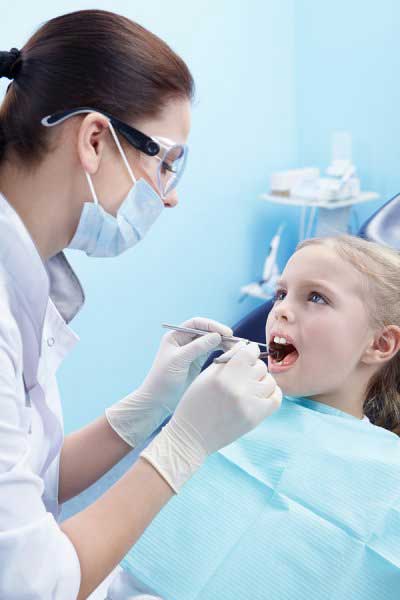Reducing Your Risk of Gum Disease

Although there are factors like genetics that are out of your hands, most aspects of oral health are within your control. Making and keeping appointments with a dentist in Westlake for dental cleanings, keeping up with dental hygiene on your own, and staying away from harmful dietary and lifestyle habits can help you enjoy top oral health and protect you against complications like gum disease. Feel free to keep reading if you are interested in finding out how to reduce your risk of gum disease.
Visit Your Dentist
Meeting with your dentist on a routine basis is one of the most essential aspects of dental hygiene. In addition to reducing your risk of gum disease, it can also help you avoid tooth decay, oral cancer, and a plethora of other diseases and complications. Your dentist has been extensively trained and may have decades of experience; both of these factors yield expertise that can benefit patients. Whether you have a question about how to take care of your dental implant or you are wondering if your diet may be contributing to your gum recession, your dentist can answer your questions. Dentists also provide deep cleanings and oral screenings to help you avoid gum disease as well as many other oral health problems in the future.
Take Care of Your Teeth
Dental hygiene is still essential between dental appointments, so it helps to understand how to take care of your teeth properly. Brushing your teeth twice each day and flossing once in between constitutes proper dental hygiene; practicing this on a daily basis can help you avoid issues like gum disease. When bacteria and food debris are routinely cleaned from your teeth and gums, the formation of plaque is prevented. This can help protect you from gum disease.
Avoid Bad Habits
Even if you see your dentist and take care of your teeth, your habits might still contribute to gingivitis or gum disease. Those who use tobacco or eat unbalanced diets may be more prone to gum disease than those who abstain and eat healthily. The right habits can serve as protective factors from this disease.
